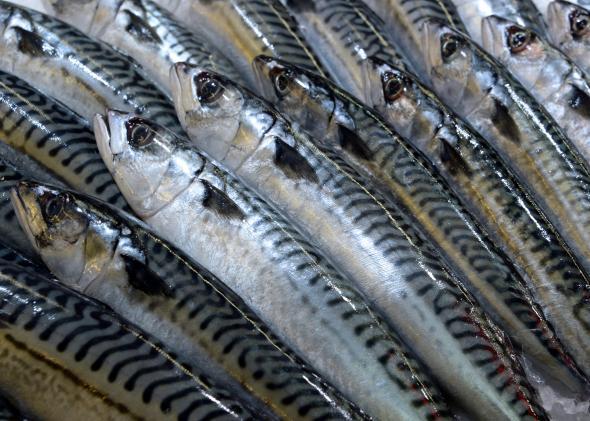Marc Andreessen was talking on Twitter this afternoon about the relationship between something like the trend toward falling prices for computer equipment and the idea of a general deflation—a fall in the price level.*
I think the best way to see why technological progress (stuff becoming more plentiful) isn’t the same as deflation (an increase in the value of money) is to think about a simplistic situation where there’s no technology at all. Imagine a very simple economy where there are only two goods—wheat and fish. Farmers grow wheat on land, and fishermen catch fish at sea. If there’s good weather, then wheat becomes more plentiful and the price of wheat (as denominated in fish) falls. If there are favorable currents, then fish becomes more plentiful and the price of fish (as denominated in wheat) falls. But this is a purely relative issue. It is possible for fish to become more plentiful (thanks to favorable currents) but also to rise in price (denominated in wheat) if lucky weather increases wheat production even more rapidly than fish production rises.
Now imagine a third good—gold coins.
If good weather increases the supply of wheat, then the price of wheat (as denominated in gold coins) will fall. And if lucky currents increase the supply of fish, then the price of fish (as denominated in gold coins) will also fall. So a combination of good weather and good currents could produce a general deflation (as denominated in gold coins).
This means that if your society of fishermen and farmers chooses to use gold coins as its money, then good weather plus lucky currents will equal monetary deflation. But this is a choice. If instead they use a fiat currency (call it “dollars”) as their money, then good weather will cause the dollar-denominated price of wheat to fall unless the central bank prints more dollars. And lucky currents will cause the dollar-denominated price of fish to fall unless the central bank prints more dollars. So the combination of good weather and lucky currents will cause a general price deflation unless the central bank prints more dollars. Which is just to say that in a fiat currency system, the presence or absence of deflation is purely a question of central bank policy and has nothing to do with oversupply of cheap goods. The sensible policy to adopt if you get good weather and good currents is to print more money and stabilize the price level. If the central bank stabilizes the overall price level, then whichever of wheat or fish is growing more plentiful more quickly will fall in price and whichever is growing more plentiful more slowly will rise in price. But both commodities will be growing more plentiful.
*Correction, Feb. 19, 2014: A previous version of this post misspelled the last name of Marc Andreessen.
